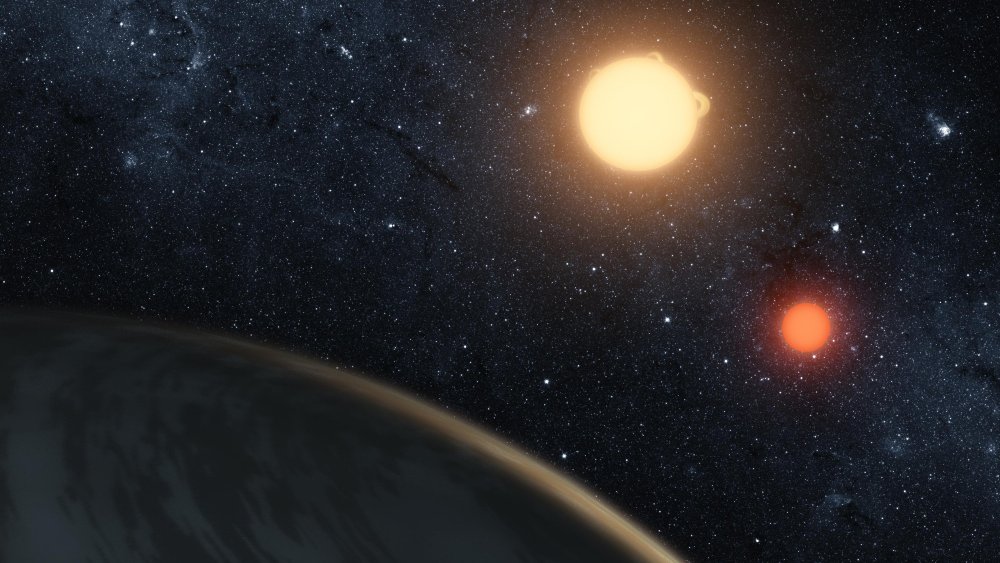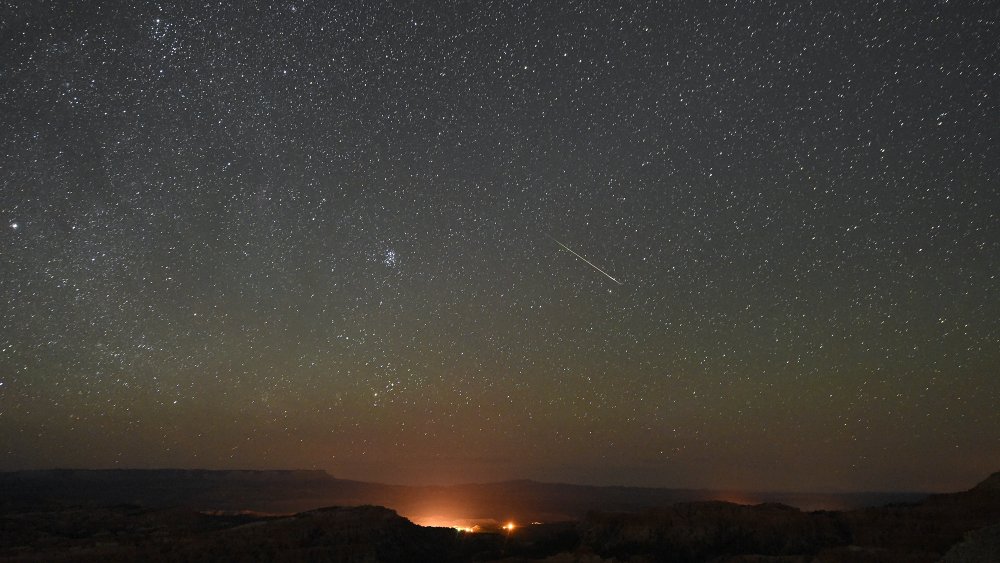Deep Space Radio Bursts Are Baffling Scientists
Galactus is coming.
Okay, not really. However, astronomers have been getting riled up about a series of crazy fast radio energy lights in the sky which they can't explain, and that's enough to get any sci-fi fan hopping up and down. Basically, the cosmos hasn't been this confusing ever since the interstellar object known as 'Oumuamua (you know, the "space cigar") was discovered.
These lightning-fast cosmic sparkles, according to CNN, go by the fitting name of "fast radio bursts," or FRBs. Eight separate telescopes spotted this new FRB, dubbed 180916.J0158+65, and the insights from the event were published in Nature, to mark the first full week of 2020. Such radio waves only last for a millisecond, but produce the same level of energy that the sun does in almost a century. Crazy, right? Though the experts have been aware of FRBs since 2007, their actual cause is every bit as mysterious as the hairdo of Giorgio A. Tsoukalos, and the discovery of 180916.J0158+65 has further deepened the mystery — partly because their point of origin is seven times closer than the last repeating radio burst, and more so because the galaxy this incident stemmed from is awfully similar to the one currently occupied by humanity.
In space, everyone can hear you scream
Wait, fast radio bursts are coming from somewhere closer than before? Whoa. Does that mean everybody needs to revise their estimates regarding how long it will take to find alien life?
Nah. You should never presume that you've jumped onto the Star Trek timeline, though scientists certainly are scratching their heads as to what the cause of these things might be. See, when the previous FRB was discovered to have emanated from a dwarf galaxy, about three billion light-years away, the experts presumed that a constant radio source, such as a nebula, must be the cause. That doesn't fit with this new guest of honor, though, which came from a spiral galaxy quite similar to the one you call home. The good thing about 180916.J0158+65's closer location is that it'll be easier to study from Earth.
For now, the truth regarding FRBs is more elusive than ever. But hey, in an era where even black holes can be photographed, strange phenomena like fast radio bursts might be the key to unlocking other secrets of the universe. The more frequently these radio bursts do their thing, the more knowledge humanity stands to gain from them.

